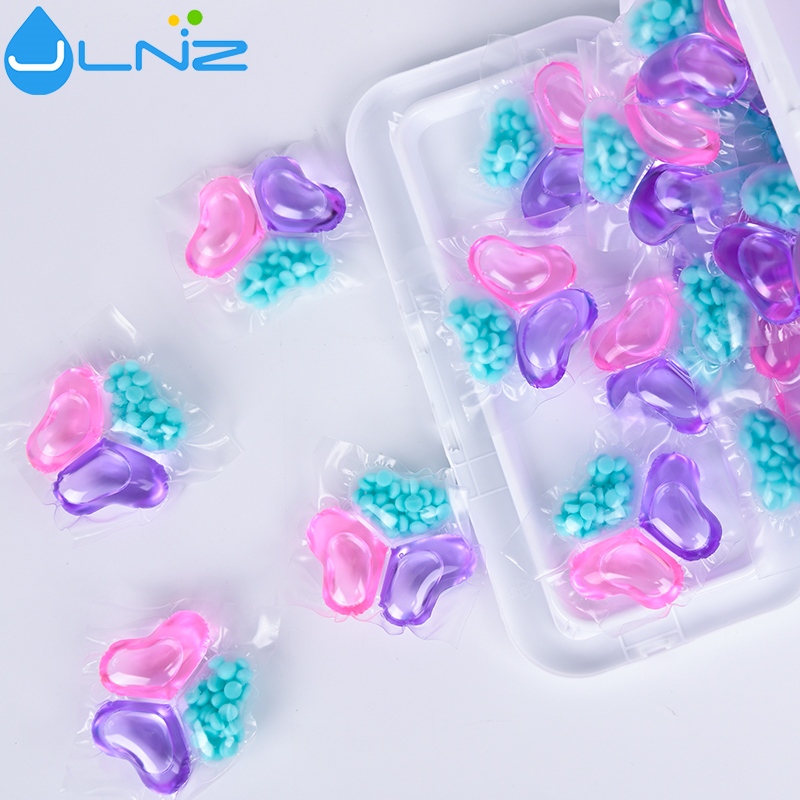
Detergents play a vital role in our daily lives, serving as essential cleaning agents for laundry, dishes, surfaces, and more. Understanding their composition, how they work, and their impact on the environment is crucial for informed consumer choices and environmental JingLiang Laundry.
Composition of Detergents
Modern detergents are complex formulations designed to remove dirt, oils, and stains effectively. They typically consist of several key components:
Surfactants: These are the primary cleaning agents in detergents. Surfactants have molecules with hydrophilic (water-attracting) and hydrophobic (water-repelling) parts, allowing them to lift dirt and oils from surfaces and suspend them in water.
Builders: Builders enhance the cleaning efficiency of detergents by softening water (reducing hardness) and helping to remove mineral deposits that can interfere with cleaning.
Enzymes: Enzymes break down specific types of stains, such as proteins or fats, making them easier to wash away.
Modifiers: These include ingredients that adjust pH, control suds, provide fragrance, and enhance the overall performance of the detergent.
Additives: Additional ingredients may include brighteners to make fabrics appear whiter, anti-redeposition agents to prevent dirt from settling back onto surfaces, and thickeners for gel-like formulations.
Types of Detergents
Detergents come in various forms tailored to different cleaning needs:
Laundry Detergents: Designed for washing clothes, these can be in powder, liquid, or pod form.
Dishwashing Detergents: Formulated to cut through grease and food residues on dishes and utensils.
Surface Cleaners: Used for cleaning countertops, floors, and other household surfaces.
Specialty Detergents: Including those for delicate fabrics, industrial cleaning, and specific stains like rust or pet odors.
Environmental Impact
While detergents are indispensable in modern cleaning routines, their environmental impact deserves attention:
Biodegradability: Many modern detergents are designed to biodegrade readily, breaking down into non-harmful substances after use.
Phosphates: Historically, phosphates were common in detergents but posed environmental risks by promoting algae growth in water bodies. Many countries have now restricted phosphate use in household detergents.
Packaging: The packaging of detergents, especially single-use formats like pods, can contribute to plastic waste if not recycled properly.
Water Consumption: Detergents contribute to water pollution when washed off surfaces and into waterways. Choosing phosphate-free and low-impact formulations can mitigate this.
Choosing Detergents Wisely
To minimize environmental impact while ensuring effective cleaning, consider the following tips:
Opt for phosphate-free detergents.
Choose concentrated formulas to reduce packaging waste.
Use the recommended amount to avoid overuse.
Look for eco-friendly certifications and labels.
In conclusion, detergents are essential tools for maintaining cleanliness and hygiene in our homes and workplaces. By understanding their composition, types, and environmental implications, consumers can make informed choices that balance effective cleaning with sustainability.
Copyright © 2025 Guangdong Jingliang household chemicals Co., Ltd. | All Rights Reserved Privacy policy
Hello, please leave your name and email here before chat online so that we won't miss your message and contact you smoothly.